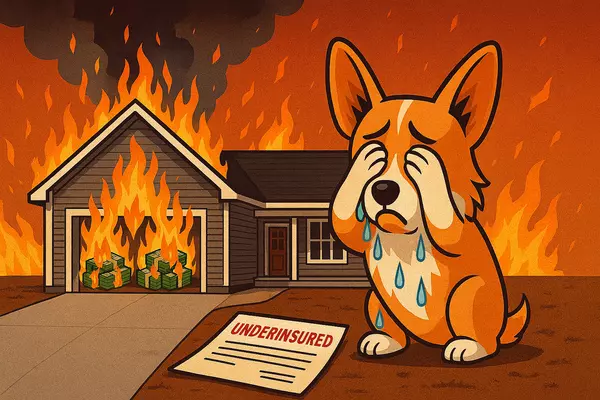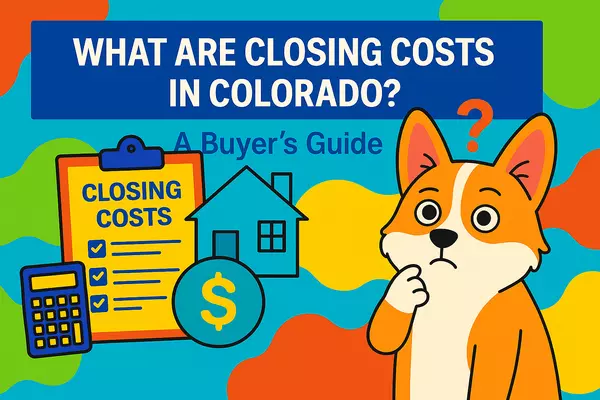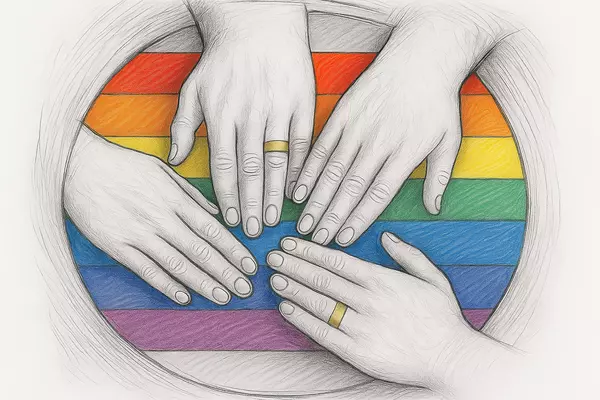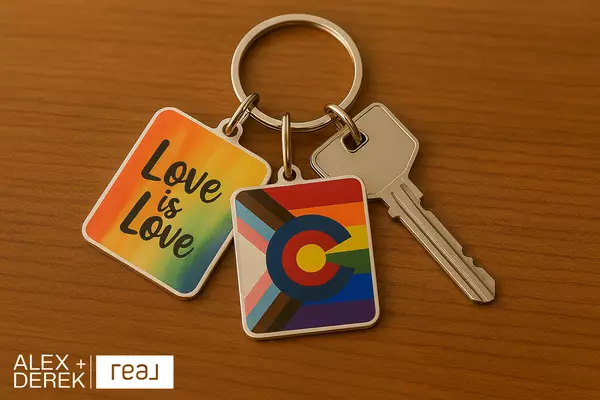Why Colorado Remains a Safe Haven for LGBTQ+ Families — Even If Marriage Equality Is Challenged
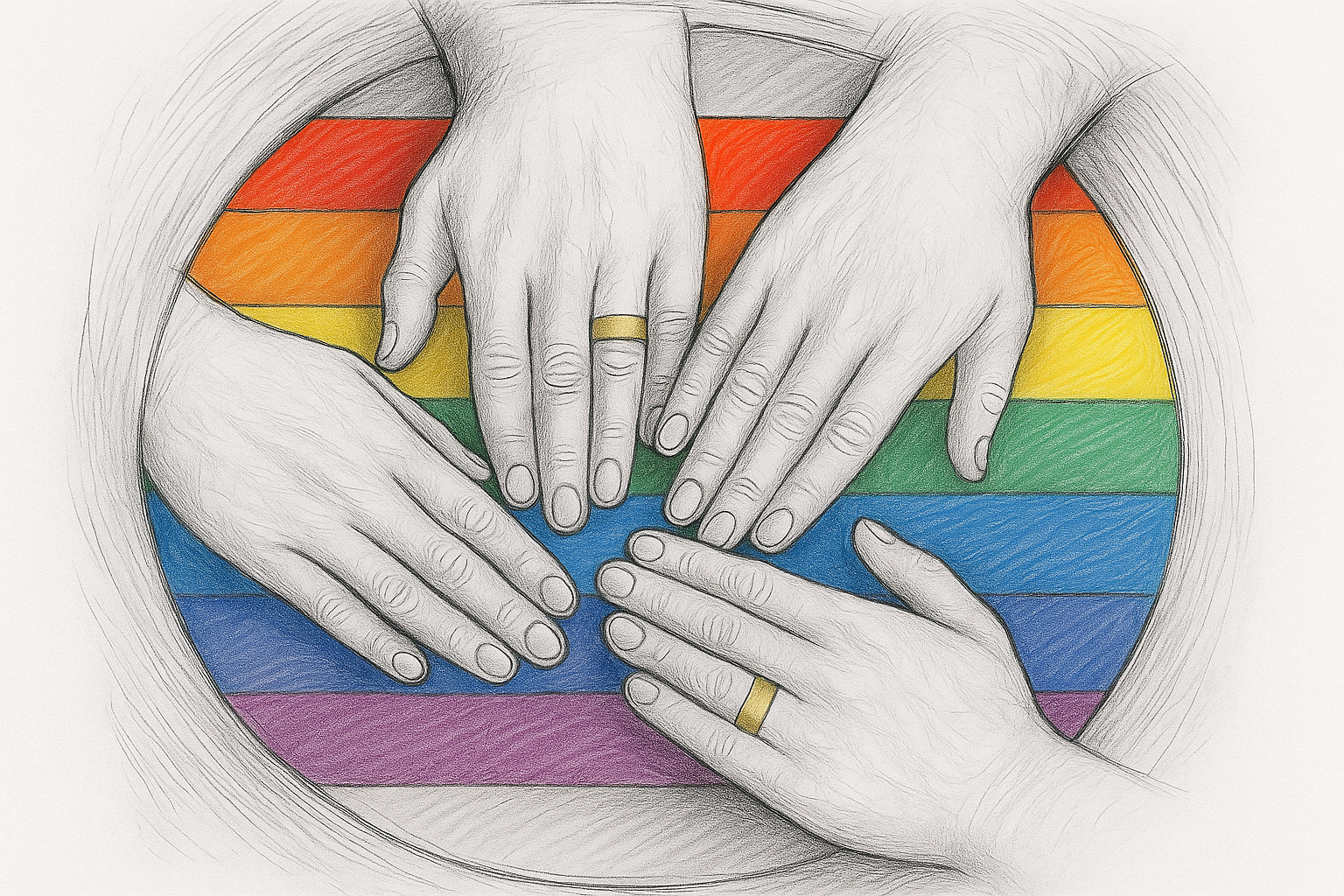
“I’m worried my state could ban same-sex marriage if the Supreme Court overturns Obergefell. What would that mean for me and my family? Would my marriage still count? What options do we have?”
This is a question I’ve been hearing more and more lately from friends, clients, and people I’ve met through LGBTQ+ networks across the country. The uncertainty is real — and I want to share what the current laws mean for you, and why Colorado remains one of the safest places in the country for LGBTQ+ families, no matter what happens at the federal level.
If Obergefell Falls — What Changes?
The 2015 Obergefell v. Hodges decision made same-sex marriage legal nationwide. If the Supreme Court overturns it, the power to decide marriage laws goes back to individual states. That means:
-
States with old bans still on the books could stop issuing marriage licenses to same-sex couples.
-
The Respect for Marriage Act (passed in 2022) would still require states to recognize marriages performed in other states, and the federal government would still honor them for things like taxes, Social Security, and immigration.
-
But — the RFMA doesn’t force every state to issue new marriage licenses.
Colorado’s Marriage Equality Protections
Colorado has taken extra steps to make sure marriage equality here is not dependent on Obergefell:
-
State Constitution – In 2024, Colorado voters passed Amendment J, removing the 2006 ban on same-sex marriage and affirming marriage equality in our constitution.
-
State Statutes – In 2025, SB25-014 removed outdated “one man, one woman” language from our laws.
-
Result – Marriage rights are secure here regardless of what the Supreme Court decides.
What This Means for You
If you live in a state where marriage equality could be rolled back:
-
If you’re already married – Your marriage stays valid everywhere in the U.S. under the RFMA, even if your state wouldn’t issue your license today.
-
If you’re not married yet – You could travel to Colorado, get legally married here, and your marriage would be recognized federally and in all states.
-
If you’re considering relocating – Colorado not only guarantees marriage equality, but also offers robust LGBTQ+ protections in housing, employment, and public accommodations.
Why Colorado Is a Safe Haven for LGBTQ+ Families
Beyond marriage rights, Colorado actively works to create an inclusive environment:
-
Statewide anti-discrimination laws protecting LGBTQ+ people in housing, employment, and public services.
-
School districts with clear policies supporting LGBTQ+ students, including affirming chosen names and pronouns.
-
A vibrant LGBTQ+ community, with organizations like The Center on Colfax, One Colorado, and PFLAG chapters statewide.
-
Annual Pride events, inclusive neighborhoods, and a strong culture of acceptance.
If federal protections change, your marriage and your family’s rights are safest in states like Colorado that have locked equality into their own laws. Whether you’re looking for a place to get married, a state to relocate to, or just a supportive community to call home, Colorado remains a safe and welcoming option.
We help LGBTQ+ families navigate not only the homebuying process, but also the bigger picture of finding a place where they feel safe, supported, and valued. If you’re in a state where your rights are at risk and you want to explore what life in Colorado could look like, we're here to guide you every step of the way.
Categories
Recent Posts



